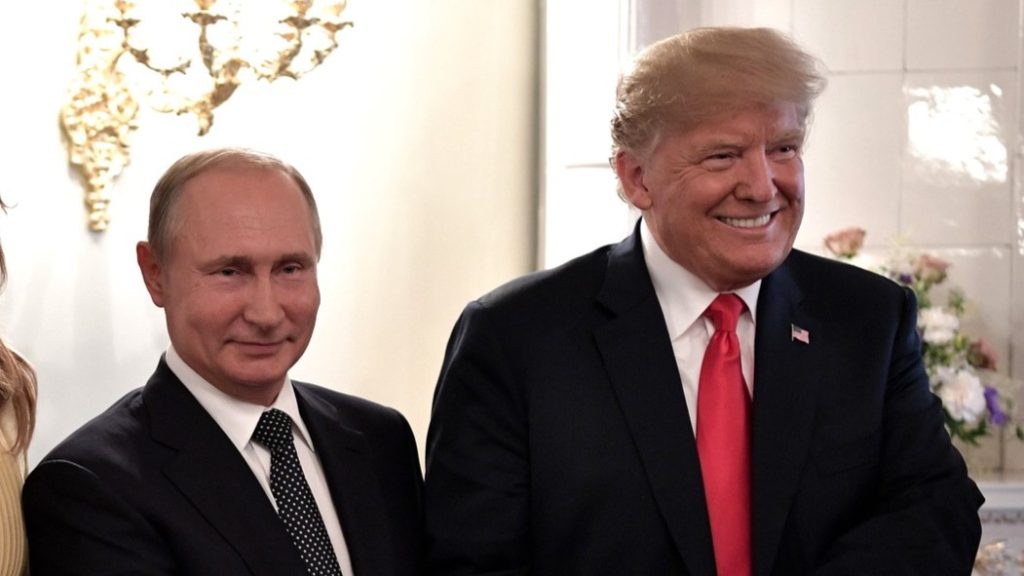Exposing the Loopholes in Sanctions Against Russia
Others are reading now
Western nations, led by the United States, have worked hard to block Russia’s access to advanced technology after the invasion of Ukraine.
Despite sanctions, Russia has continued to secure crucial American-made electronic components for its military. This has raised concerns about how Moscow manages to bypass restrictions.
Recent investigations reveal how a network of intermediaries enables Russia to access chips made by U.S. company Texas Instruments (TI).
These components are vital for weapons like drones, guided bombs, and missiles, which have been used against Ukraine.
Also read
According to Bloomberg, Russian distributors integrate TI’s online store into their platforms, making it easy to browse and order semiconductors.
Buyers in Moscow or St. Petersburg can place orders with a few clicks. The chips are then shipped through third-party countries, such as Hong Kong, before reaching Russia.
One distributor alone handled over 4,000 orders worth $6 million this year. About $4 million of those chips were sent to Russian military contractors.
The rest likely supported civilian industries. Documents show that some shipments went through Hong Kong companies like Sure Technology and Chipower Electronics.
Freight services, including Sea Global SCM Ltd., and carriers such as Aeroflot played roles in delivering goods to Russia.
The simplicity of this operation has alarmed U.S. officials. The government has urged American tech companies to tighten controls and monitor the end use of their products.
Chips may be basic compared to cutting-edge technology, but they are essential for building modern weapons.
Experts warn that even small shipments can help Russia sustain its military-industrial complex.
The scale of these operations, while significant, is only part of the story. Russia imported over $1 billion worth of chips from U.S. and European companies last year, including Intel and AMD.
Many orders are approved by Russian authorities and routed through intermediary countries.
Once delivered, these components enable the Kremlin to bypass sanctions and maintain its war efforts.
Stopping this shadow supply chain is a challenge. Analysts stress that the U.S. and its allies must improve oversight of exports to third parties.
Without stricter controls, critical technologies may continue fueling the conflict in Ukraine.


